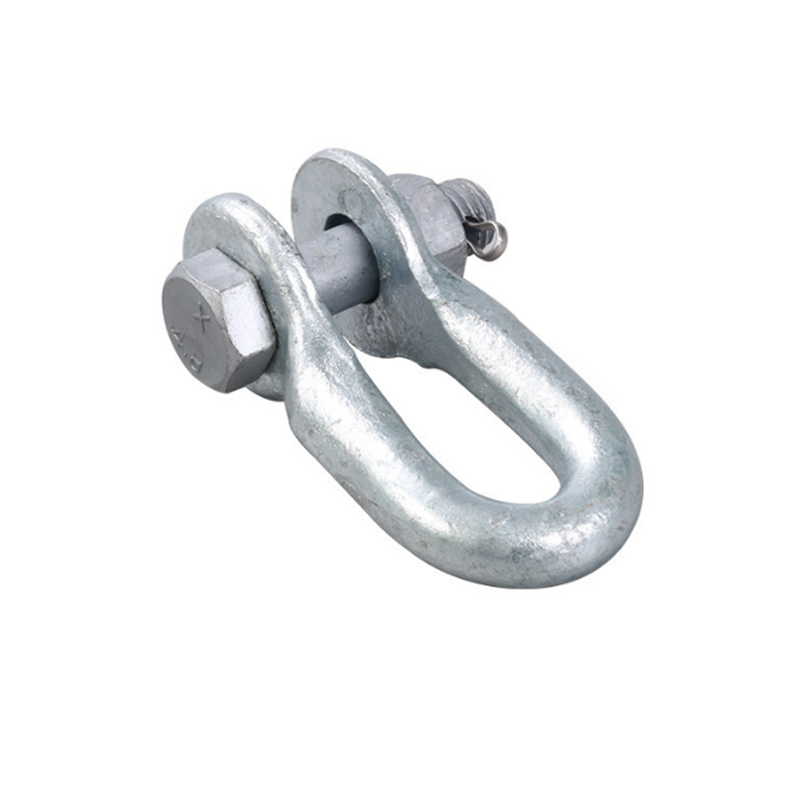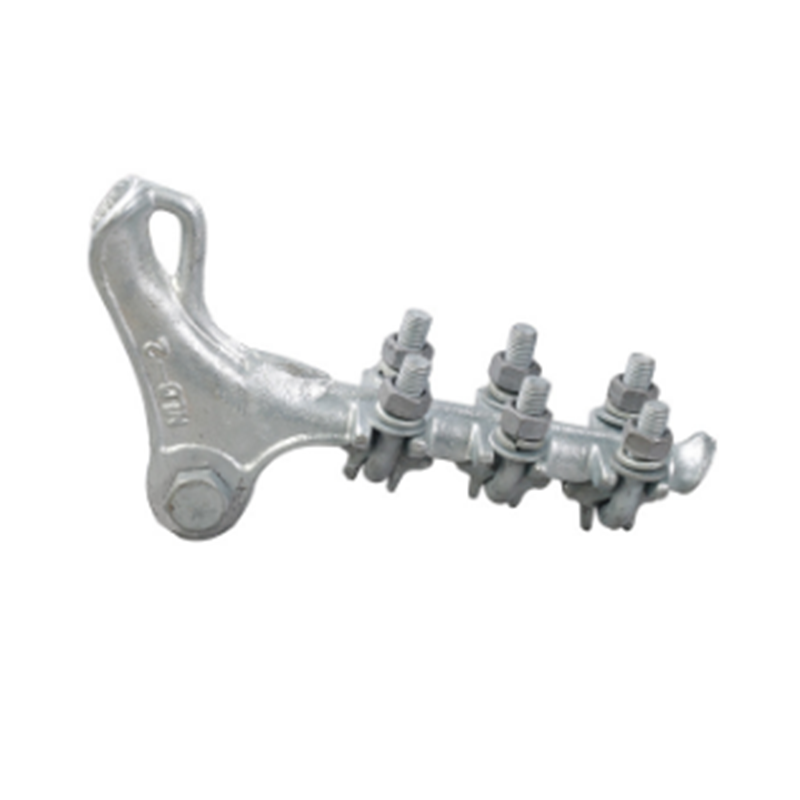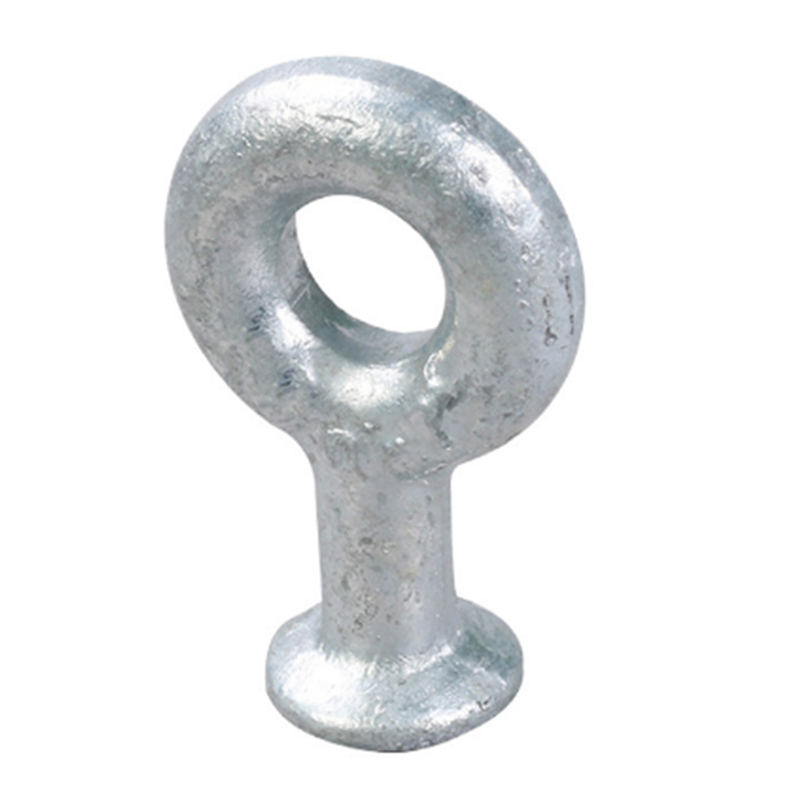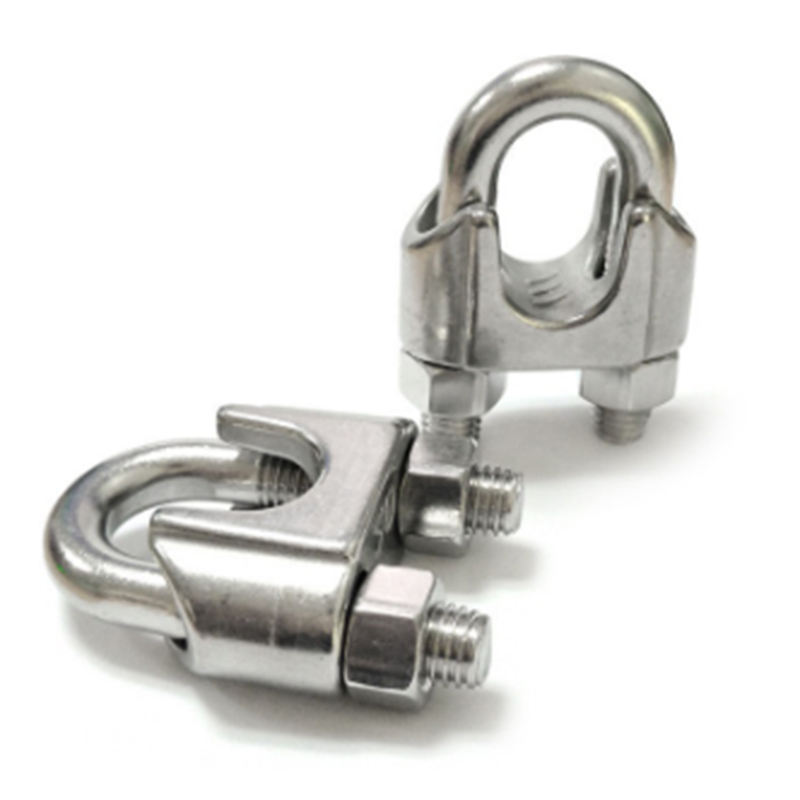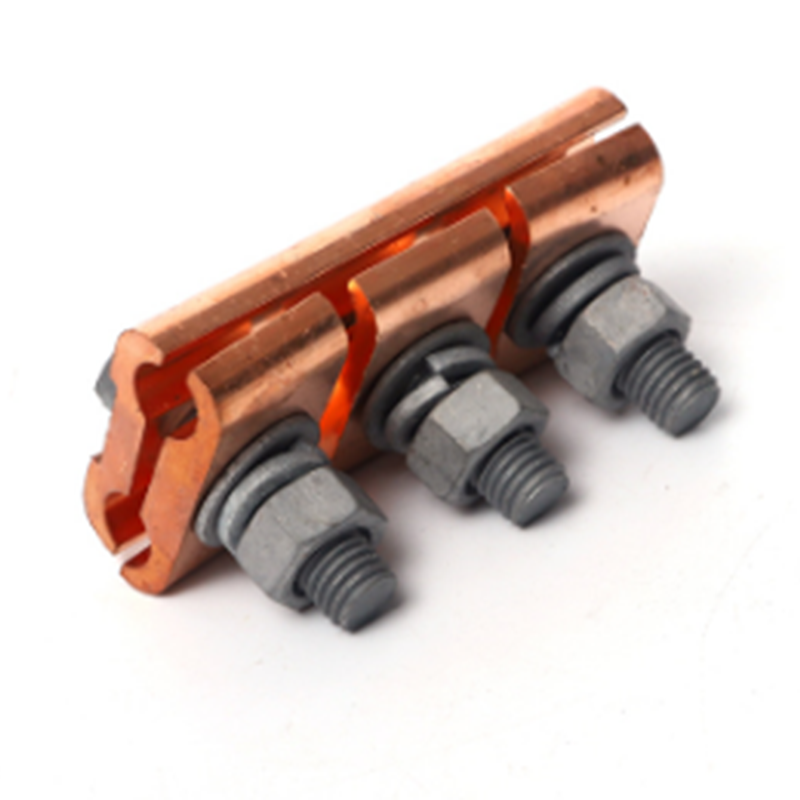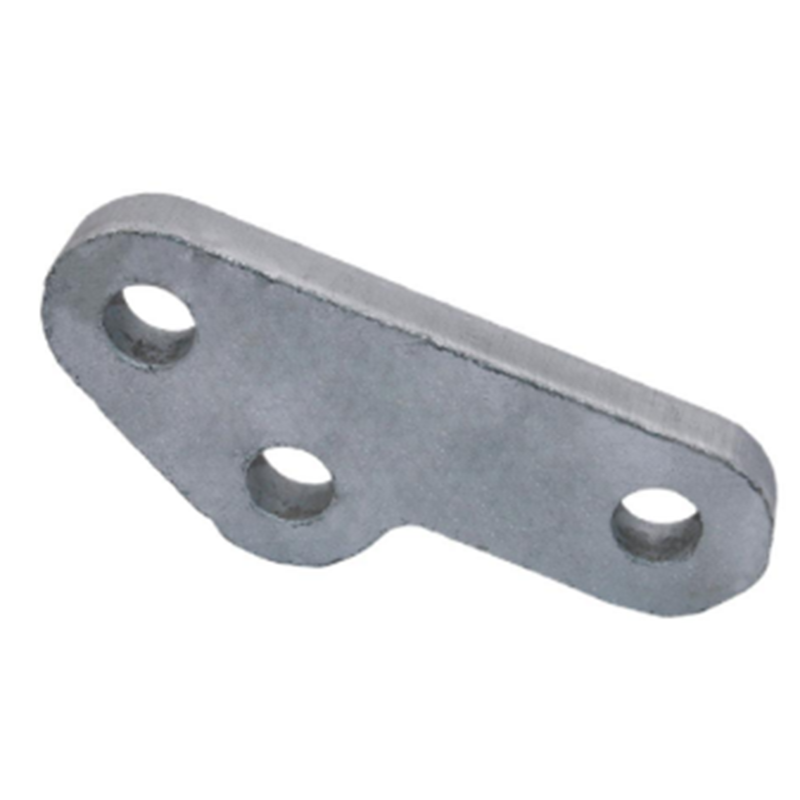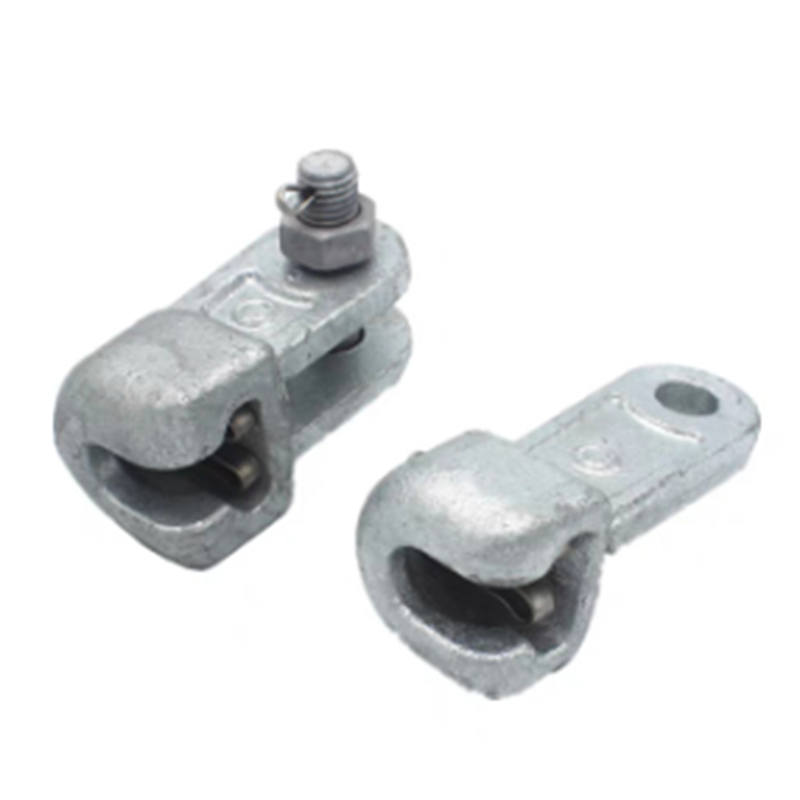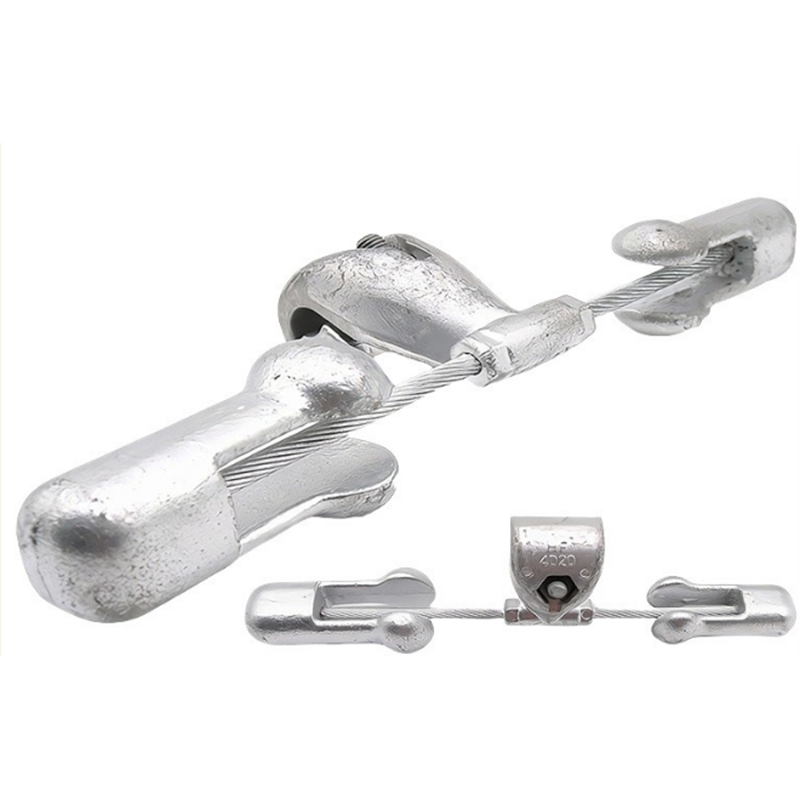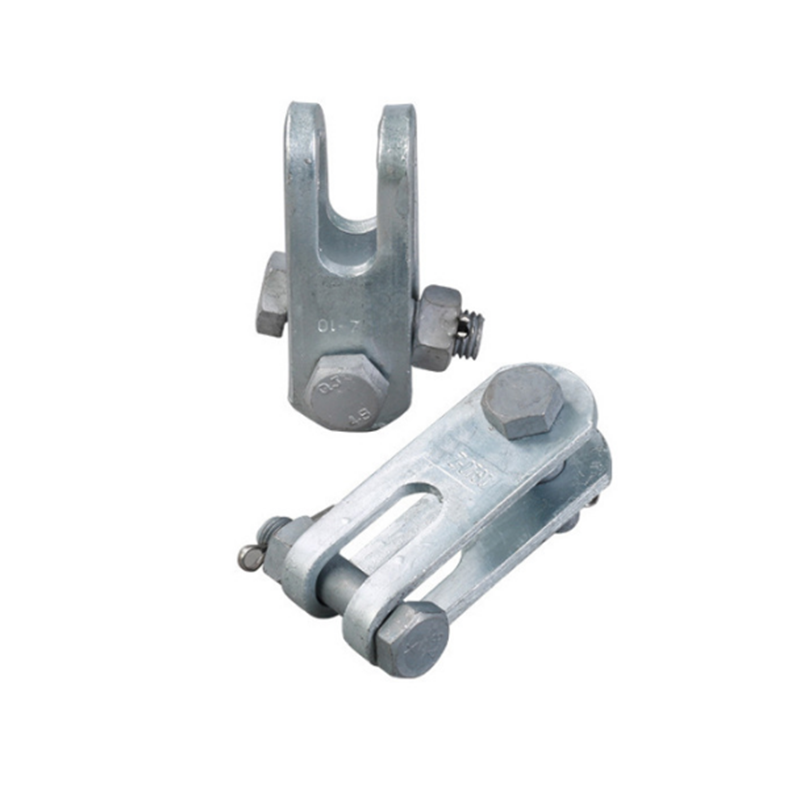- Chinese
- French
- German
- Portuguese
- Spanish
- Russian
- Japanese
- Korean
- Arabic
- Irish
- Greek
- Turkish
- Italian
- Danish
- Romanian
- Indonesian
- Czech
- Afrikaans
- Swedish
- Polish
- Basque
- Catalan
- Esperanto
- Hindi
- Lao
- Albanian
- Amharic
- Armenian
- Azerbaijani
- Belarusian
- Bengali
- Bosnian
- Bulgarian
- Cebuano
- Chichewa
- Corsican
- Croatian
- Dutch
- Estonian
- Filipino
- Finnish
- Frisian
- Galician
- Georgian
- Gujarati
- Haitian
- Hausa
- Hawaiian
- Hebrew
- Hmong
- Hungarian
- Icelandic
- Igbo
- Javanese
- Kannada
- Kazakh
- Khmer
- Kurdish
- Kyrgyz
- Latin
- Latvian
- Lithuanian
- Luxembou..
- Macedonian
- Malagasy
- Malay
- Malayalam
- Maltese
- Maori
- Marathi
- Mongolian
- Burmese
- Nepali
- Norwegian
- Pashto
- Persian
- Punjabi
- Serbian
- Sesotho
- Sinhala
- Slovak
- Slovenian
- Somali
- Samoan
- Scots Gaelic
- Shona
- Sindhi
- Sundanese
- Swahili
- Tajik
- Tamil
- Telugu
- Thai
- Ukrainian
- Urdu
- Uzbek
- Vietnamese
- Welsh
- Xhosa
- Yiddish
- Yoruba
- Zulu
- Kinyarwanda
- Tatar
- Oriya
- Turkmen
- Uyghur

Threaded screw
The Art and Science of Threaded Screws
Threaded screws seem simple but hold considerable complexity beneath their spiraled surfaces. In my years at Shengfeng Hardware Fastener Factory, located conveniently in Hebei's Yongnian District, I've witnessed firsthand how a slight miscalculation can lead to significant issues. Let's dive into the intricacies of this seemingly ordinary component.
Understanding the Basics
At the surface, a threaded screw is fundamentally a simple machine. Its effectiveness, however, hinges on the precision of its threads. The threads must be crafted with care to ensure they match their intended counterparts in a nut or a drilled hole. I remember the early days of working at Shengfeng when a batch of screws was slightly off spec. That minor variation caused a ripple effect of problems in our orders.
The technical aspect isn't merely about the thread design; it's also about the material. Steel, for example, offers durability but can be heavy and prone to rust. In contrast, titanium provides strength with lightweight composition but comes at a higher cost. I've worked on numerous projects requiring choices that need to balance both cost and feasibility.
Many misunderstandings arise due to the perception that all screws perform the same. It's a misconception that can lead to unsuitable selections for specific projects. Different applications require different types, from wood to metal, each with its own unique threading and head style. This specificity is crucial for performance.
Common Challenges in Production
While manufacturing fasteners at Shengfeng, certain challenges often come up. Consistency in the threading is paramount. Even minor deviations in the pitch or angle can cause screws to fail in their function. This kind of oversight can happen at any factory, including our facility in Handan City. We've had to implement rigorous quality checks to avoid such pitfalls.
Another frequent issue is the choice of plating. Zinc plating is common for corrosion resistance, but it has its limits. I recall a major order that needed to withstand maritime conditions; we had to pivot to more robust coatings, incurring unexpected costs but ensuring long-term viability.
It's also crucial to maintain a balance between tensile strength and brittleness. During my tenure, I encountered situations where overly hardened screws snapped during installation, resulting in both material waste and increased production time. Lessons learned the hard way shape our current processes significantly.
Custom Solutions and Innovations
Our customers at Shengfeng often require custom solutions, which is where innovation steps in. Offering over 100 fastener specifications, customization is integral to our operations. Whether it's creating bespoke dimensions or adapting to high-stress environments, tailored solutions are what keep us ahead.
Exploring new materials is another area of growth. High-performance alloys are gaining traction for specialized industries, and these interest me personally. Incorporating new technologies without inflating costs is a challenge I enjoy tackling.
From automated manufacturing processes to sophisticated software for quality control, technological advancements are weaving into traditional practices, bringing forth both potential and complexities.
Case Study: A Real-world Application
One memorable project involved supplying screws for a large construction firm near Hengshui. Their project demanded specific fasteners to secure steel frames under immense pressure. The specifications required unparalleled precision to meet safety standards.
Working closely with their engineering team, we tweaked our production parameters, ensuring that each threaded screw met their exact needs. Seeing the completed structure, knowing we played a part, brings a sense of accomplishment. It's this collaboration that highlights the importance of getting those tiny details right.
Despite the success, the project wasn't without its hurdles. Initial tests showed incompatibility between the screws and their fixtures due to slight deviations in threading. It was a stressful but ultimately rewarding challenge to rectify these without compromising project timelines.
Looking Ahead: The Future of Threaded Screws
As we look to the future, the evolution of fasteners seems likely to focus on sustainability and performance. At Shengfeng, aligning with these trends is crucial. Material recycling and environmentally-friendly production practices are not just buzzwords but necessary practices we are gradually incorporating.
There's also the potential for increased automation in production lines. While this brings efficiency, it doesn't reduce the need for skilled oversight. Even with sophisticated machinery, human experience and intuition remain invaluable.
Ultimately, a threaded screw is more than just a component; it’s a testament to engineering precision and practical necessity. As the industry evolves, so too must our approaches, ensuring we continue to meet the demands of those relying on our products, right from our factory in Hebei to projects worldwide.
Соответствующая продукция
Соответствующая продукция




